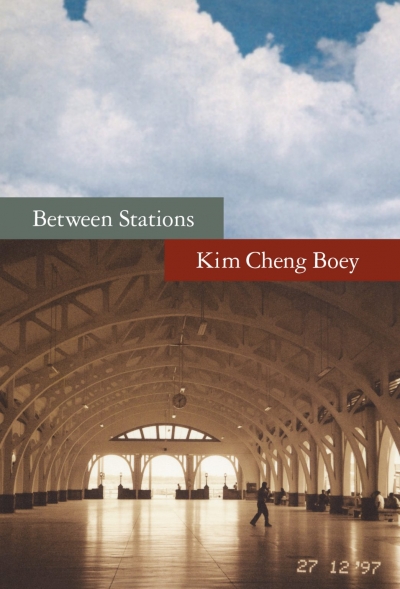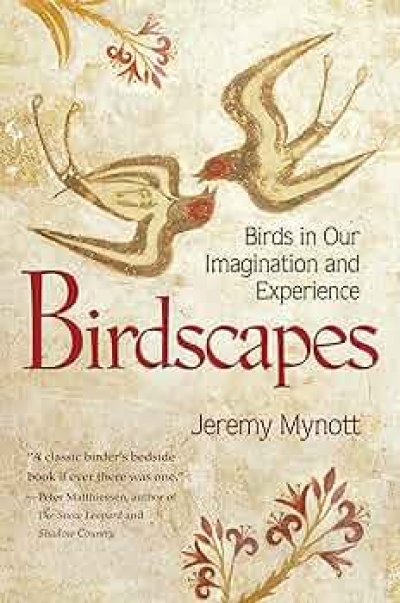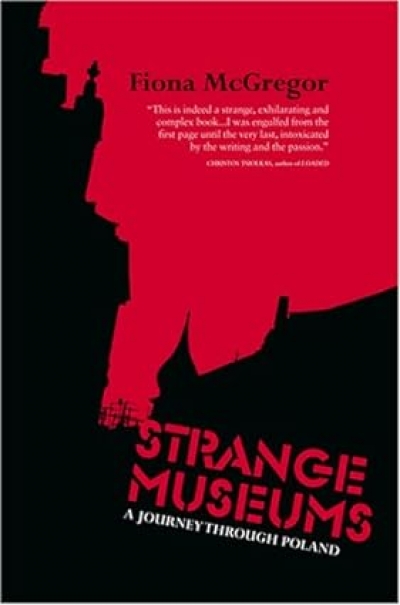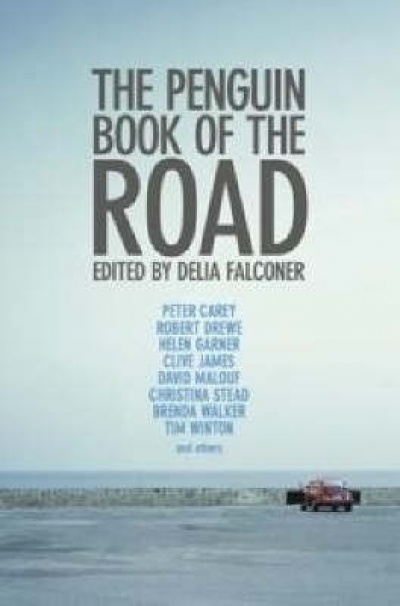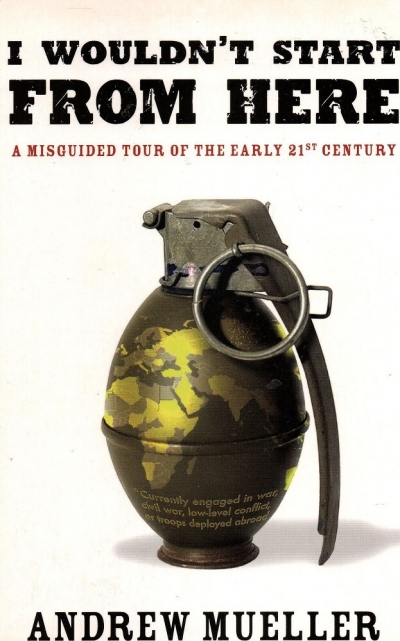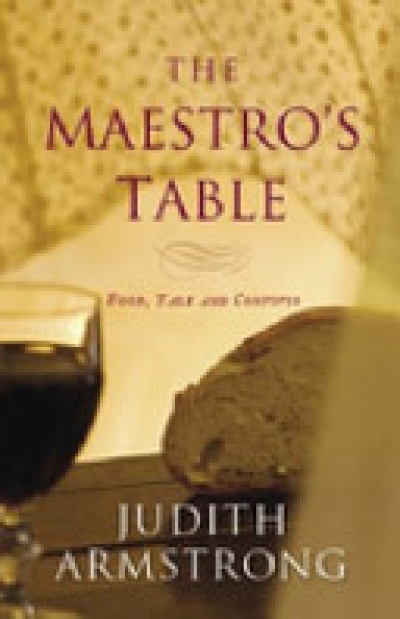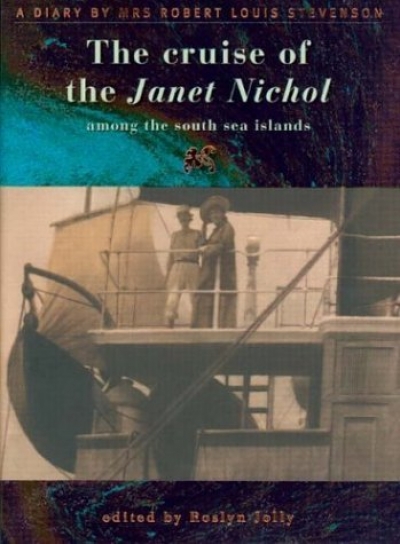Travel Writing
Birdscapes: Birds in our imagination and experience by Jeremy Mynott
by James Bradley •
Strange Museums: A Journey through Poland by Fiona McGregor
by Claudia Hyles •
I Wouldn't Start From Here: A Misguided tour of the early 21st century by Andrew Mueller
by Dan Toner •
The Maestro’s Table: Food, talk and convivio by Judith Armstrong
by Gay Bilson •
The Cruise of the Janet Nichol among the South Sea Islands edited by Roslyn Jolly & Robert Louis Stevenson edited by Roger Robinson
by Kate Darian-Smith •

